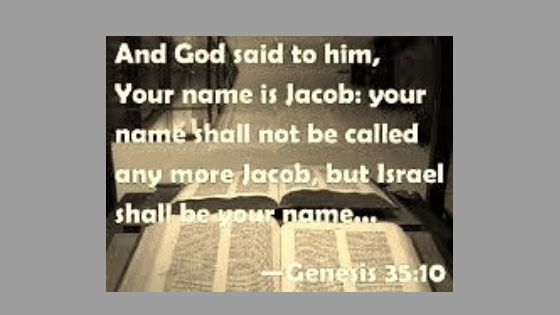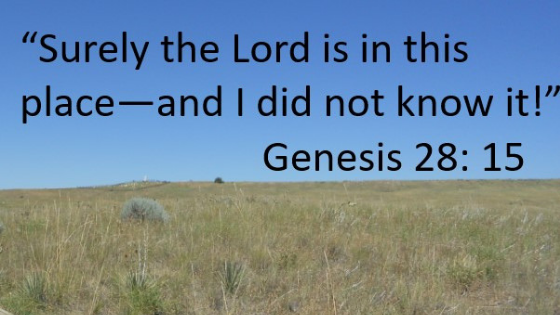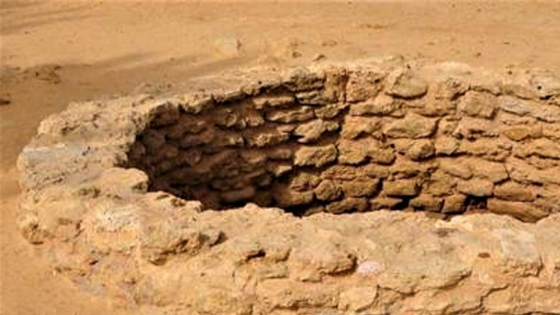Shabbat Table Talk
Parashat Vayelech– Erev Shabbat 14 September, 2018
Torah portion: Deuteronomy 31:1-30 Haftarah : Hosea 14:2-10; Micah 7:18-20; Joel 2:15-27
 This week’s reading from the Torah, Vayelech which means “and he went” tells us that Moses is about to die and that he goes out of his way to go to the people to tell them once again urgent words to remind them to stay faithful to God’s words and laws.
This week’s reading from the Torah, Vayelech which means “and he went” tells us that Moses is about to die and that he goes out of his way to go to the people to tell them once again urgent words to remind them to stay faithful to God’s words and laws.
Among what he does to prepare the people to go to the promised land without him are: He transfers leadership to Joshua, writes a Torah scroll which he hands over to the Levites and commands an assembly for a public Torah reading and covenant renewal once every seven years. He also warns them they will suffer if they stray from the ways of God. He tells them: For I know well how rebellious and stubborn you are. If you already have been so rebellious toward the Lord while I am still alive among you, how much more after my death! (Deut 31:27).
Though Joshua is tasked to lead the people into the promised land, it is made clear that in fact, God goes before them to give the land (Deut 31-3,8). Because of this Moses enjoins the Israelites to be strong and not fear their enemies. He also tells Joshua to be strong and courageous for God will not only be going before him but will also not forsake him.
The commandment of Hakhel (assembly) given by Moses calls for the gathering not just of all men, but also of women and children and even aliens living with them, every seven years, during the holiday of Sukkot which follows the Sabbatical year (the seventh year), where the king publicly reads sections of the Torah. It is the only event that required the attendance of everyone, reminiscent of the historic moment at Mount Sinai when all of Israel was present when God gave the Torah. To recall, it was in Sinai that Israel had an experience of God’s presence and entered covenant with God.
The gathering is to promote active listening of the Torah – to hear and learn, and to revere God and observe the law faithfully – for all generations. The men who are in the temple for the Sukkot are to bring their family with them for the gathering. Deut 31: 12-13 states: Assemble the people—men, women, and children, as well as the aliens residing in your towns—so that they may hear and learn to fear the Lord your God and to observe diligently all the words of this law, and so that their children, who have not known it, may hear and learn to fear the Lord your God, as long as you live in the land that you are crossing over the Jordan to possess.
The biblical mitzvah of Hakhel is said to be only in effect when all the Jewish people reside in the Holy Land. Today, Jews are encouraged not only to have these assemblies on or around Sukkot but also for the entire “Hakhel Year” to find an opportune time to promote Jewish unity and gatherings.
There are no more kings today and the responsibility to arrange Hakhel gatherings lies primarily on the “kings” – the leaders of each community like the rabbis and communal activists. But during this year everyone is to look for any opportunity to gather together some Jews and recreate a version of the grand Hakhel event.
Two chapters after the parashah, Moses, the greatest of the prophets (34:10-12), leader, teacher, intercessor, wonder worker, dies (Deut 34:5). And as Moses’s life comes to an end, so does Deuteronomy and the whole of Torah. What will happen to God’s people without Moses? As today’s parashah has told us, we have the blessing of God’s presence. And like Joshua, we are to fear no one, we are to be courageous to take on leadership roles and to serve our people and spread God’s words. And like the Israelites in Sinai, we have also the blessing of being in God’s presence whenever we read and hear the words of God. Today, we will be led by the living word of the Torah.
Reflection and Discussion: 1) If like Moses, you are about to die, what will be the urgent words you will say to your loved ones and members of your community? 2) The parashah tells us about the blessings of gathering together to read and listen together to the word of God. How often do you study the Bible with your family and members of your community? How will you help promote the study of the Bible?
Bibliography: Etz Hayim: Torah and Commentary (New York, 2001); The Pentateuch : Message of Biblical Spirituality (Minnesota, 1990); The Catholic Study Bible, New American Bible Revised Edition (Oxford, New York, 2011) and http;//www.chabad.org
This week’s Parashah commentary was prepared by
Miner Generalao, Bat Kol Alumni July 2014 Email address: mayneer@gmail.com
[Copyright © 2018]
………………………………………………………………………………..
PLEASE NOTE: The weekly Parashah commentaries represent the research and creative thought of their authors, and are meant to stimulate deeper thinking about the meaning of the Scriptures. While they draw upon the study methods and sources employed by the Bat Kol Institute, the views and conclusions expressed in these commentaries are solely those of their authors, and do not necessarily represent the views of Bat Kol. The commentaries, along with all materials published on the Bat Kol website, are copyrighted by the writers, and are made available for personal and group study, and local church purposes. Permission needed for other purposes. Questions, comments and feedback are always welcome.
…………………………………………………………………………….
Bat Kol Institute for Jewish Studies, Jerusalem



